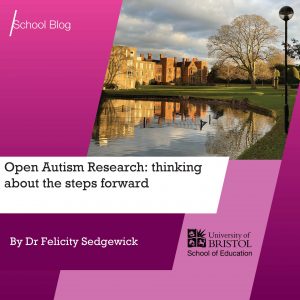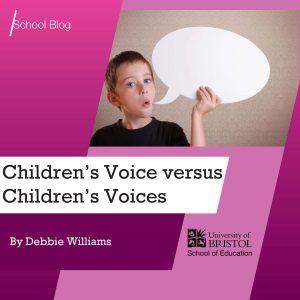 By Debbie Williams, School of Education, University of Bristol
By Debbie Williams, School of Education, University of Bristol
The United Nations Convention on the Rights of the Child (CRC) is an international human rights treaty that encompasses fifty-four articles that advocate the rights of each child (CRC, 1989). The most influential (and contentious) of these children’s rights — in accord to much literature (Freeman, 2009; Lundy et al., 2019; Archard, 2020) — is Article 12 (respect for the views of the child):
‘1. States Parties shall assure to the child who is capable of forming his or her own views the right to express those views freely in all matters affecting the child, the views of the child being given due weight in accordance with the age and maturity of the child.’ (CRC, 1989, p.5)
This Article somewhat advocates regard for each child’s views and their right to be heard (Archard, 2004). There is no stipulation as to how these views ought to be expressed. Though ‘views’ are implicitly synonymous to ‘voice’ and ‘voice’ is contentious (Alexander, 2010). I implore that we consider ‘children’s voice’ not as a singular but rather a plurality of ‘children’s voices’ to advocate a more inclusive and informed implementation of this instrumental children’s right. (more…)

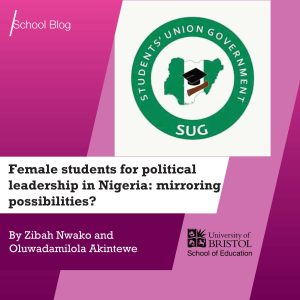 By Zibah Nwako and Oluwadamilola Akintewe
By Zibah Nwako and Oluwadamilola Akintewe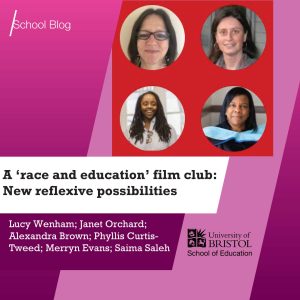 Blog by
Blog by 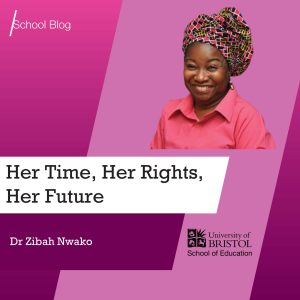 Blog post by Dr Zibah Nwako, School of Education, University of Bristol
Blog post by Dr Zibah Nwako, School of Education, University of Bristol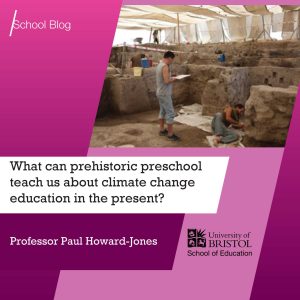 Blog by
Blog by 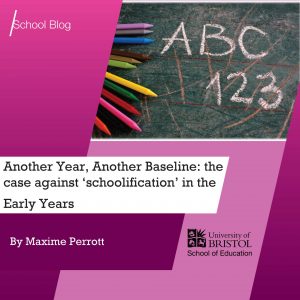 By Maxime Perrott BA, MSc, MRes PhD Researcher in the School of Education, University of Bristol
By Maxime Perrott BA, MSc, MRes PhD Researcher in the School of Education, University of Bristol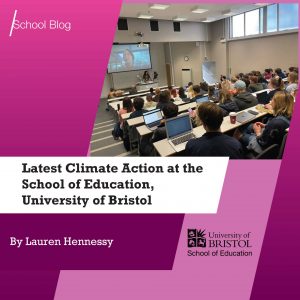 Blog post by
Blog post by 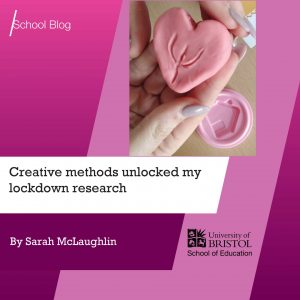 By Sarah McLaughlin, BA(Hons), MSC. PGCE, School of Education, University of Bristol (Doctorate in Education student)
By Sarah McLaughlin, BA(Hons), MSC. PGCE, School of Education, University of Bristol (Doctorate in Education student)